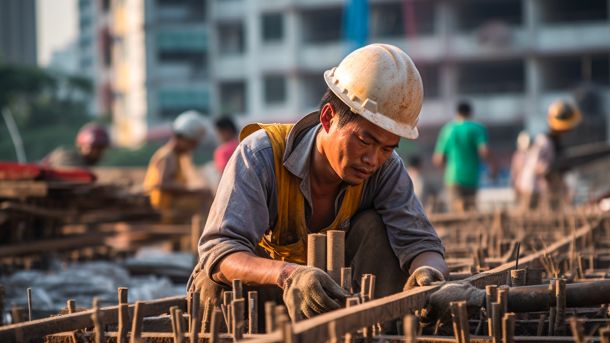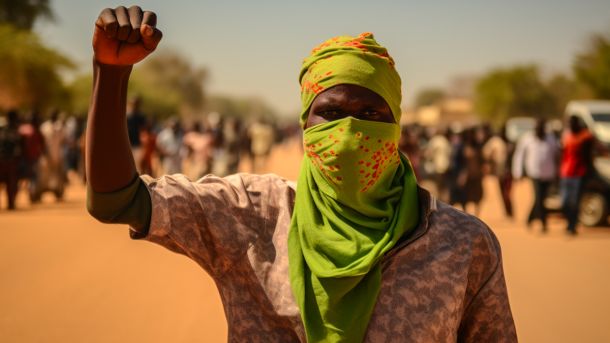Chinese newspaper Global Times labels G7 an “anti-China coalition”

Advertisement
The Group of Seven (G7) statements released on Saturday targeted China on issues such as Taiwan, nuclear weapons, economic coercion, and human rights violations, highlighting the growing tensions between Beijing and the group of developed countries, which includes the United States.
“The United States is striving to weave an anti-China network in the Western world,” the Global Times said in an editorial on Monday titled “The G7 has become an anti-China coalition.”
Beijing’s Foreign Ministry stated that it strongly opposes the G7 statement – which also includes Japan, the United Kingdom, Canada, France, Germany, and Italy – and summoned the Japanese ambassador to China on Sunday to protest the summit.
Russia, a close ally of China also criticized in the G7 statement for its war in Ukraine, called the summit an “incubator” of anti-Russian and anti-Chinese hysteria.
Read also: China's Industry and Retail Growth in April Falls Short of Expectations
The main G7 leaders’ statement mentioned China 20 times, the highest number in recent years, compared to 14 mentions in 2022.
“China’s reaction this time is quite intense,” said Wang Jiangyu, a professor at City University of Hong Kong.
In addition to criticizing the G7’s comments on Taiwan, the democratic island that China claims as its own, Beijing also accused the United States and its allies of double standards regarding comments on nuclear buildup and the use of economic levers.
Despite Beijing’s reaction, U.S. President Joe Biden said he expects a thaw in frosty relations with China “very soon”.
However, some analysts see no signs of an immediate easing of tensions, especially given Beijing’s swift and sharp response.
China’s decision to summon the Japanese ambassador underscores the intensity of its anger, some analysts said.
Chinese Vice Foreign Minister Sun Weidong summoned the ambassador to register protests against “the exaggeration of China-related issues,” according to a ministry statement.
Wang Yiwei, a professor of international relations at Renmin University of Beijing, described China’s overall reaction to the G7 statement as “restrained,” but singled out Japan as being particularly provocative.
He referred to Japan’s choice of Hiroshima, the city razed by an atomic bomb at the end of World War II, as the summit’s location, and its call for a joint statement on nuclear disarmament that raised concerns about China’s nuclear arsenal.
“The main thing happening here is Japan, using its position as rotating chair, to create an anti-China movement,” said Wang Yiwei.
Among G7 members, Tokyo has also expressed some of the strongest concerns about China’s assertive rhetoric around Taiwan, which lies just off its southern island chain. China has never ruled out the use of force to bring Taiwan under its control.
Japanese Chief Cabinet Secretary Hirokazu Matsuno said on Monday that the country’s policy toward China has been consistent, that it will insist on necessary issues and call for responsible behavior, while taking steps to address concerns and cooperate on common issues.
This article was written based on information provided by Reuters news agency here.
Advertisement
Read next in World

International Investors Demand Concrete Steps to Restore Confidence in Chinese Real Estate Industry

West African Countries Impose Sanctions on Niger Following Coup

Turkish currency collapses by 7%, reaching an unprecedented level






